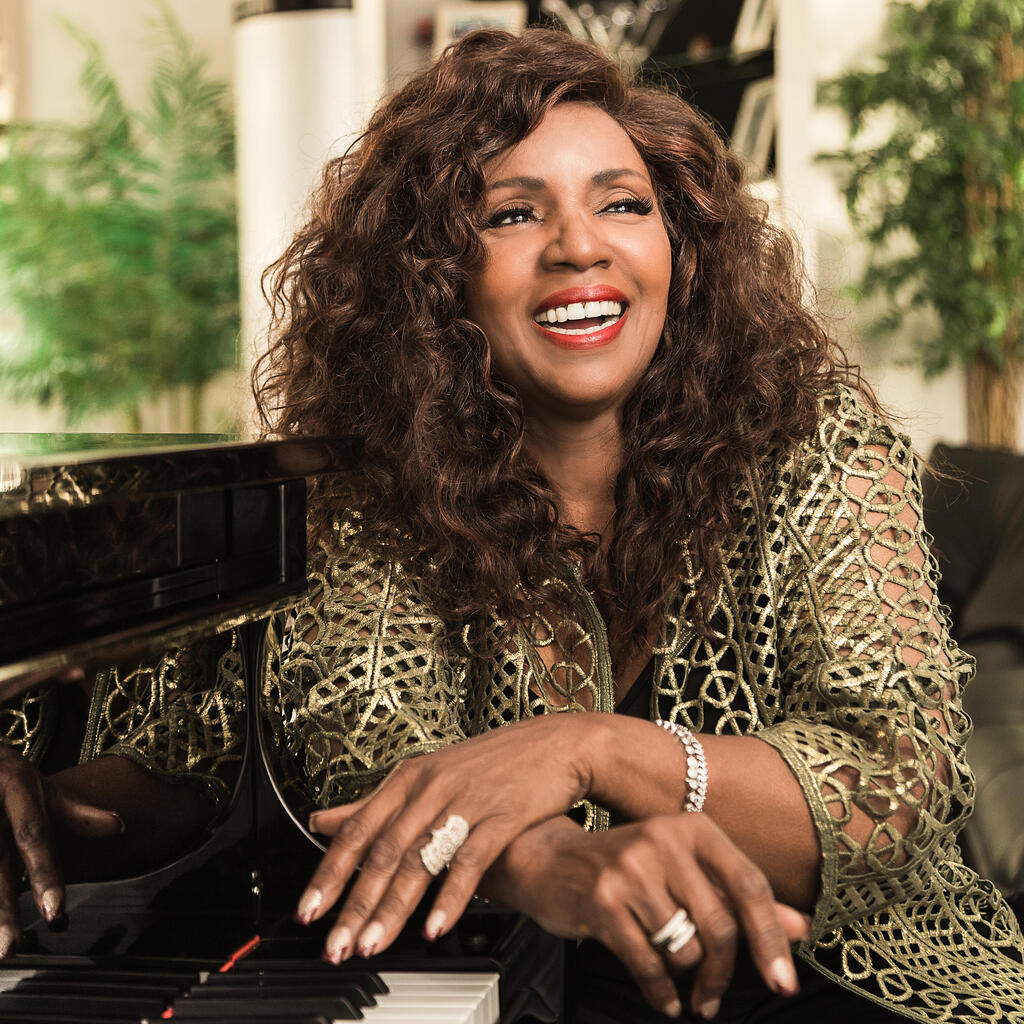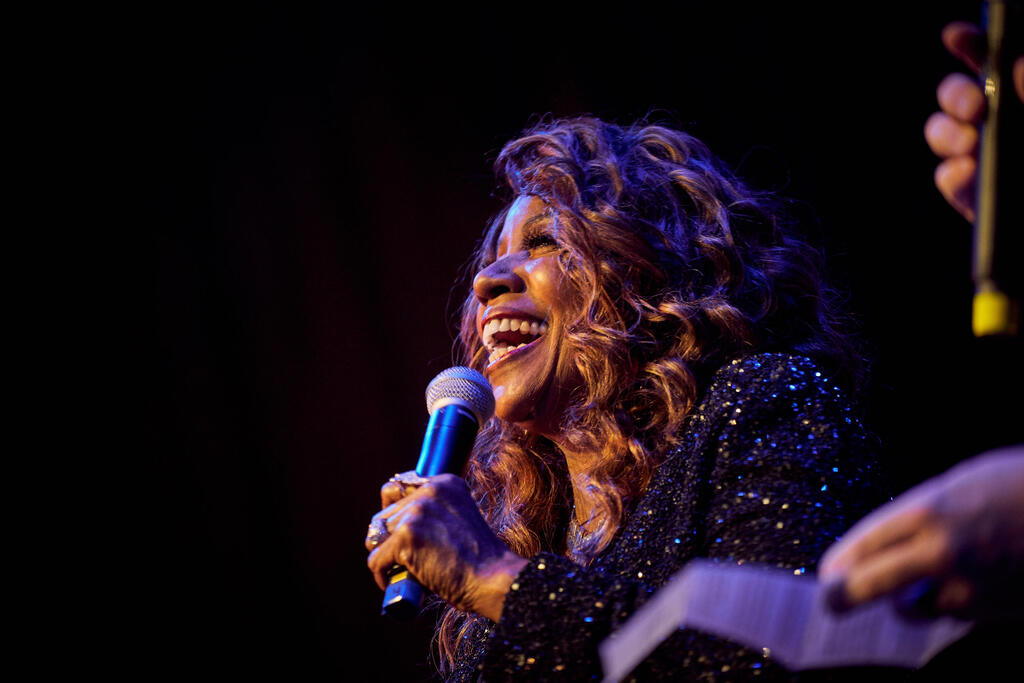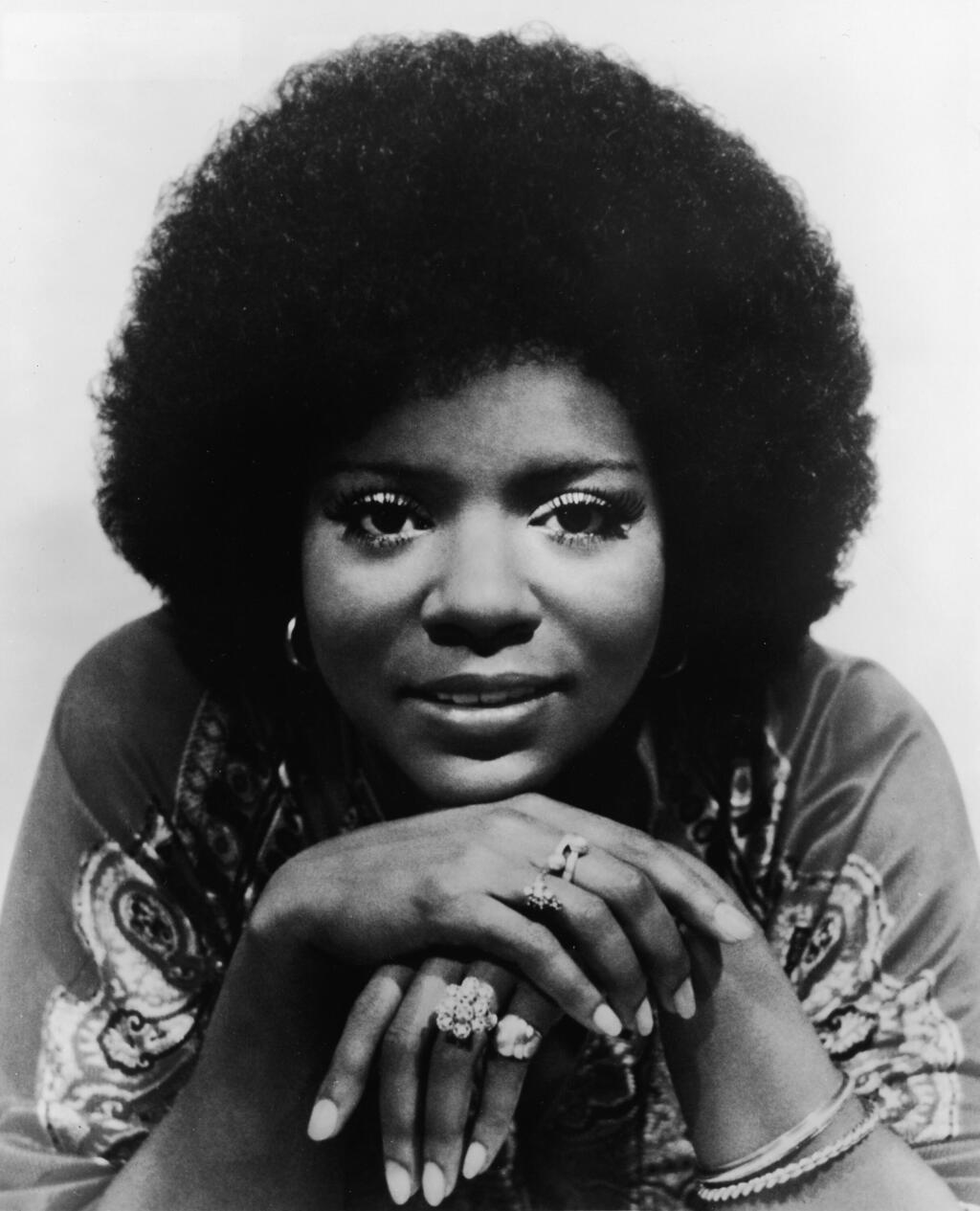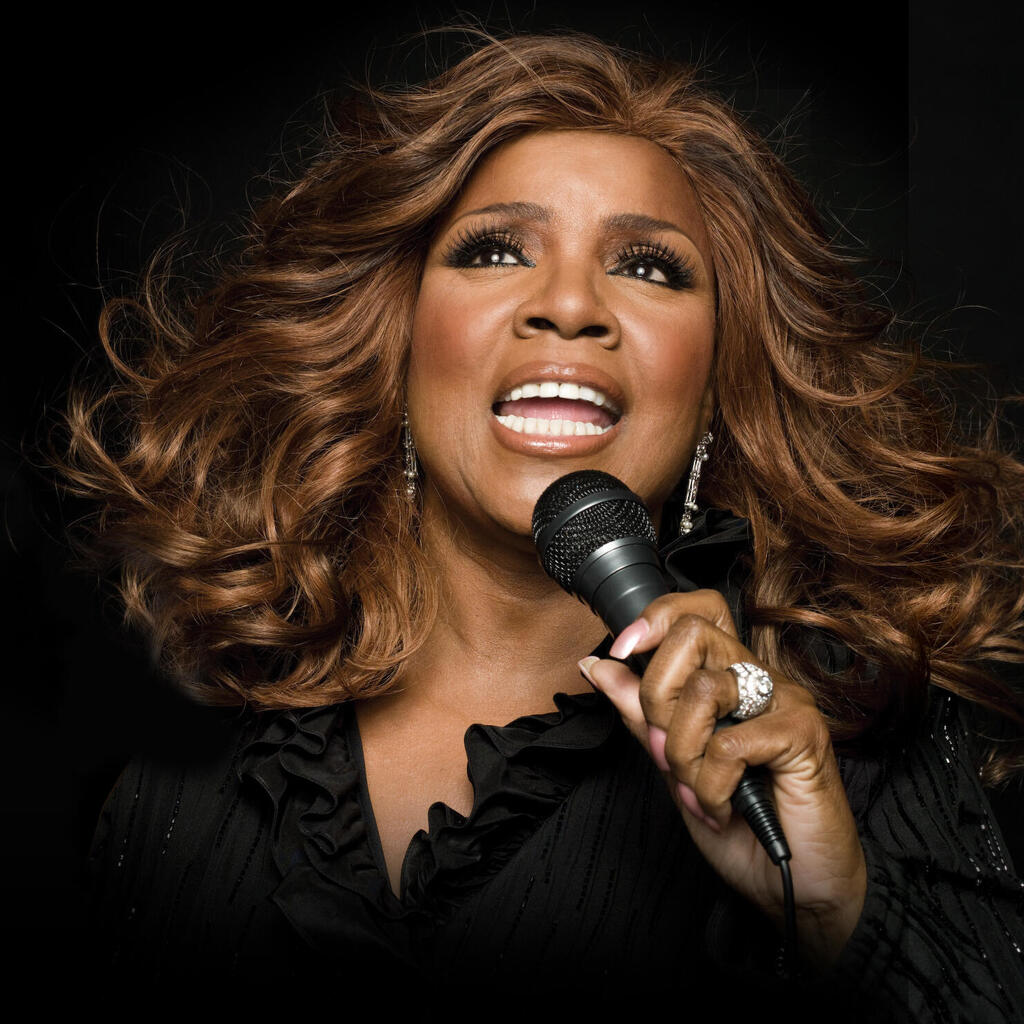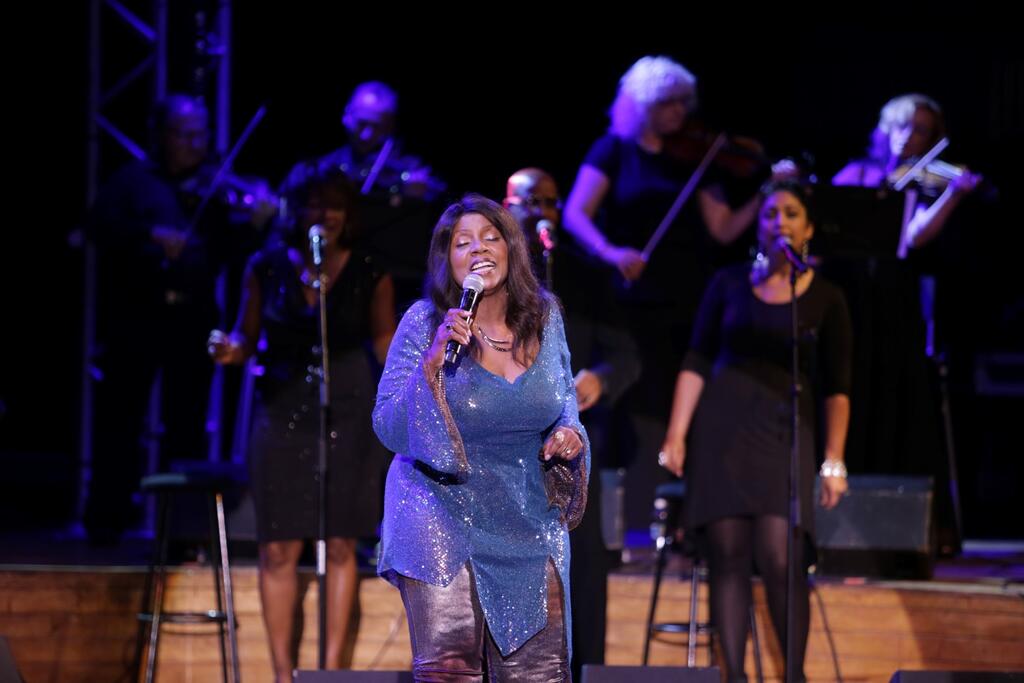Gloria Gaynor is a classic late bloomer—perhaps even a very late bloomer. Six years ago, at 76, after decades of struggles in the music industry, she finally fulfilled her true dream: releasing a gospel album. She financed it herself, as no producer was willing to bet on a singer long past her commercial peak, switching genres well into her eighth decade.
A year earlier, she underwent major spinal surgery after decades of living with a hunched posture caused by a fall on stage. A decade before that, at 65, she divorced her husband of 26 years, Linwood Simon—who had also been her manager but was known more for overworking her than supporting her.
Gaynor’s resurgence may have taken time, but it arrived in full force. Her gospel album, Testimony, won a Grammy in 2019. Her surgery was a success, allowing her to stand tall for the first time in 40 years. And after leaving behind a controlling husband-manager, she finally took control of her career. She also earned a psychology degree from Walden University, graduating with honors.
It’s fair to say that Gaynor, as her most famous song declares, survived for decades—but in recent years, she has done more than survive; she has truly begun to live.
This transformation is captured in a documentary chronicling her journey while making Testimony. Somewhat predictably titled Gloria Gaynor – I Will Survive, the film showcases a sharp, confident and deeply spiritual Gaynor, whose faith was solidified after a moment of revelation in the 1980s.
Beyond the documentary, Gaynor is set to release a new EP, Happy Tears, featuring top pop songwriters who have worked with Taylor Swift and Miley Cyrus. The hope? To build on the surprising success of her gospel comeback—and maybe, once again, defy expectations.
"I define success as the freedom to be who you are, to express yourself in a way that is true to you and uplifting and encouraging to other people. That, to me, is success. If I've done that with my life, then I'm successful," Gaynor declares in an interview with Ynet.
"I'm a little more opinionated about what I do now. I used to just listen to the people around me—my management—telling me what I should do, what I should express, how I should even dress. But now, it's like, ‘no. I am going to be me,’ and if that is accepted, then great. If it's not, I don't care. I'm really living I Am What I Am."
Your journey is truly incredible. This victory must feel especially sweet. How did you celebrate your success?
"Well, first thing, they were opening this place for disco music. There were a lot of people there, and I sang a marathon version of I Will Survive. It was great."
What has been the deepest spiritual transformation you’ve experienced in these years?
"My ability to focus on my relationship with God and allow Him to lead me rather than some person leading me. And my ability to be more discerning about the things I plan to do, things that people are offering me, the character of the people who are coming in and out of my life.”
How do you recognize God’s guidance?
"You first have to recognize His voice. To do that, you have to study His word—so you understand what He would say and what He would not say. I've been doing that for many, many years now, and I'm pretty sure I recognize the voice of God when I hear it. Sometimes, we try to pretend that it’s God’s voice, but we know well it’s not,” she laughs. “It’s just something we want to do. But I’ve come to know Him, and in my heart, I know that He knows me—which is even more important.
“I've ignored Him and disobeyed Him on so many occasions that I've almost become an expert on when you’ve followed God and when you haven’t. It’s harder, but it always comes out better. I’d prefer a life that is a little less painful. As I said in the movie, if you're driving from Florida to New York, you don’t have to go through California—you just drive straight.”
When does your spiritual journey challenge you?
"I used to study the Bible consistently, very fervently. And He’s been leading me back to that because I got away from that with all my traveling, performing and all these different things—having a better social life since my divorce and all of that. It's kind of moving me away from that. It’s almost like when you move out of your parents’ home—you don’t need them so much, so you don’t visit them so much. And He’s kind of like, ‘Yo, I haven’t seen you in a while. What’s up?’
"So, I’ve gotten back into studying. I’ve probably read the Bible 40–50 times, but it’s not just a book. It’s such a huge book, and there’s so much information and so much revelation, that even after reading it that many times, you still don’t fully know it. You still have to go back to this. There’s always more to learn."
What moves you about gospel music?
"Gospel means good news. So, I understand that gospel music ought to be about the good news of the provision that God makes for us—and consistently wants to make for us—in every area of life. That is exciting to me when I hear a song and recognize that this is something that I can apply to my life to make it better or share with someone else to make their life better."
'I Will Survive feels more poignant now because people are literally looking to survive'
It has been over 45 years since I Will Survive was released, turning Gloria Gaynor—for better or worse—into the queen of disco. The song was originally offered as the B-side to her single Substitute. Gaynor immediately saw its potential, but her record label refused to promote it.
Determined to fight for the song, she took a box full of copies to Studio 54 and asked the DJ to distribute them to his colleagues across New York. Club DJs began playing I Will Survive relentlessly, and it took off—big time. In 1979, the song reached No. 1 on the charts and won the first and only Grammy ever awarded for a disco track.
Now 81, Gaynor grew up in a poor family in New Jersey with six brothers and one sister. But, as she says in a scene from her documentary, “When you’re loved, you don’t feel poor.” While her siblings were allowed to sing in public, she was forbidden from performing in front of an audience.
One day, she was humming to herself while walking down the stairs of her apartment building. A neighbor overheard her and, stunned, asked, “Gloria, was that you singing?” When Gaynor nodded, the neighbor replied, “I thought it was the radio.” From that moment, she dreamed of a career in music.
Gaynor’s encounter with God came at a much darker moment. At a bohemian party in 1985, surrounded by people stuffing their noses with mountains of cocaine, she was about to try it herself when she suddenly felt as if God grabbed her by the collar and pulled her back.
“I could literally hear Him say, ‘Gloria, that’s enough,’” she recalls of the moment of revelation. When she got home, she opened an old Bible she had received as a gift but never read. From that day forward, she clung to the good word of God.
Her belief gave her the strength to overcome hardships, including deep feelings of worthlessness that stemmed in part from two sexual assaults—one of them by her mother’s partner.
Over the years, I Will Survive has been embraced by countless communities—women, LGBTQ+ groups and anyone fighting to overcome struggles and simply survive. Has anyone ever shared a personal story with you about how the song impacted their life? One that left a lasting impression?
"The story that always comes to mind when I'm asked this question is from a performance I did in Italy. That night, I had changed the lyrics to I Will Survive. Originally, it said, ‘It took all my strength not to fall apart,’ but I changed it to ‘Only the Lord could give me strength not to fall apart.’ And where it originally said, ‘And you see me, somebody new,’ I changed it to ‘Because He made me somebody new.’
“I sang those new lyrics for the very first time in Italy. After the show, as people came up to me for autographs and pictures, this young Asian woman came to me and said, ‘You saved my life.’ I responded, ‘Oh, that's...,’ and I guess you could see on my face that I was expecting one of those old, overly rehearsed stories that people have been telling me for years. But she said, ‘No, you don’t understand.’ She explained that she had been living there for a year, and life had become very, very difficult for her and she had decided to go back home just so she could commit suicide. ‘But now that I've heard you sing that song, I know where my strength can come from. And I don’t have to die.’ We were both in tears, right there in public. And I thought, ‘Oh my God, if I changed those lyrics just for her, that’s enough.’”
Why did you change the lyrics?
"Because I thought it was more truthful, more poignant, more uplifting, encouraging, empowering."
Looking back at your life, I Will Survive almost seems prophetic—you yourself were in a toxic relationship that took decades to leave. Did you ever make that connection between your situation and the song’s lyrics when you first sang it?
"Well, I made the connection right after I made the decision to leave all of that negativity behind."
Do you think, in light of recent events, that this song is more relevant than ever?
"I think the song is more relevant than ever because people are dealing with not only personal struggles but also broader societal issues. Especially in the United States, Israel and the Middle East, people are having more things outside of their intimate lives to be concerned about—hoping they’ll survive things that, essentially, don’t have a lot to do with them but have made them victims. With politics, there is so much division and unrest in people’s hearts and minds. Things aren’t going the way they think they should, and people are at odds with their families and friends because of different ideas about how things should go. So yes, they’re hoping that they’ll survive a whole range of things right now.”
How do you view the music industry today compared to when you started?
"The music industry is a completely different animal today—it’s just like night and day. I’ve had friends and even family members come to me about getting into show business, and I just say, ‘Honey, I don’t know. I wish I could help you, but I don’t recognize this business anymore.’ It’s so completely different how things are done, even down to recordings. And it seems like what people want from music—what they expect from it—has changed too."
In what way?
"Well, for instance, when I listened to music back in the day, I looked for comfort, for familiarity in the lyrics—things that applied to my life but also made me feel good. Nowadays, a song like I Will Survive feels more poignant than it was back then because people are literally looking to survive. But music shouldn't have to be about survival—it should be about loving, caring and everyday life. Now, it’s become a tool, a weapon, and I find myself thinking, 'Oh my goodness, is this what music was ever meant to be?' But that’s what it has become. There are a lot of elements in it that I don’t even consider music—it’s more poetry. Years ago, when rap music was first becoming very popular, someone who hated rap told me they thought it wasn’t music at all, that it was ridiculous. And I said, ‘These are modern-day poets.’
"There’s a lot of anger in music today—a lot of discomfort and people dissatisfied with their lives and the things going on around them. And while music is meant to express those emotions, I believe that music is meant to rein people back in to a place of harmony, peace, joy and love—not just express their frustrations. That’s what music has become—more about expressing frustration and negativity. And that bothers me because if you can’t turn to music for peace, comfort and joy that you need, where do you go?
Get the Ynetnews app on your smartphone: Google Play: https://bit.ly/4eJ37pE | Apple App Store: https://bit.ly/3ZL7iNv
"There aren’t an awful lot of people listening to gospel music because that’s where you almost always find it. But that’s also why gospel music isn’t as popular as pop, R&B or even disco anymore. Pop music is called ‘pop’ because it’s popular—and gospel just doesn’t have the same reach. But it’s what we need. It’s like having medicine in front of you but saying, ‘I don’t want to take it.’"
Do you feel that your work now resonates with a younger generation of listeners?
"I think it does. I think it’s about the positive side of what they need to hear. I’ll find out shortly if it’s what they want to hear,” she adds with a smile. “And I think I’m doing it in a way that won’t feel foreign to them. I don’t think they see it as, ‘Oh, this old lady is singing again.’ I think the subject matter is young and acceptable to the younger generation. We shall see."
In 2015, Gaynor performed in Israel and visited the Peres Center for Peace, where she sang a Hebrew prayer for former President Shimon Peres.
“I don’t honestly know if it’s a prayer,” she laughs, “but it’s a Hebrew song and doesn’t have a lot of words. Still, I memorized the words and sang it for him in his office, and he was quite pleased with that. I’ve been to Israel four times, and I really, really love it there. Love the food. Oh my God, the food is so good.”
What was your favorite food?
"I don't know. I can't even think of the foods in Israel right now. So just know that we were very, very happy every time we ate. It's very similar to Lebanese."
Obviously, much of it is Arab.
"Well, yeah. Historically, you're brothers. That makes sense."
How would you like your story to be told 50 years from now?
"I would like it to be told as a story of faith and triumph through faith."
First published: 18:47, 03.05.25


